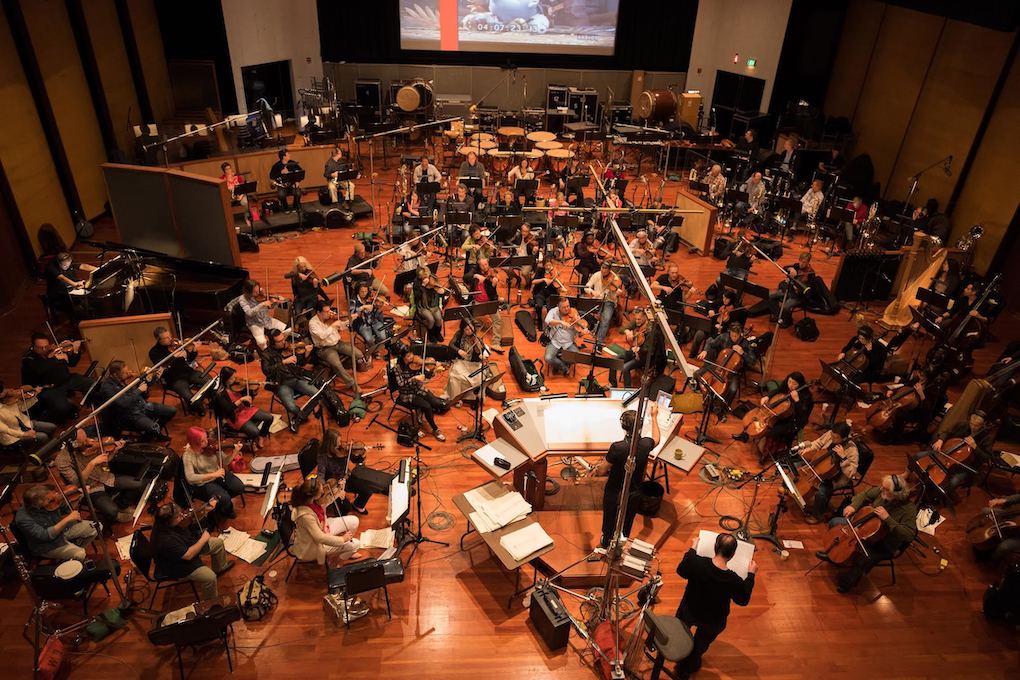- in Production by Bobby Owsinski
A Brief History Of Film Scoring
While most musicians want high-profile gigs that keep them from working day jobs, even those that are successful have a dream of getting into film scoring. Many musicians with lucrative gigs playing with superstars, and even superstars themselves, will quit everything for that one shot of touching Hollywood and scoring a film. There’s a glitter and glamour to it that’s far different, and may shinier, than just being on stage.

For those that have made good on their chance, the work can be tough though. I know many successful film composers (listen to my Richard Gibbs, Chris Boardman, Ron Jones, Rich Walters, and Lyle Workman podcast interviews), and although they love what they do, the one thing they say that’s underestimated by those wanting to break into the business is the amount of work involved. Then there’s the high level of stress brought about by deadlines that keep moving, directors locked into temp scores, and changing film edits. But what can be a complete horror show for some is gut-busting fun for others, and those are the ones that thrive in this end of the business.
Even if film scoring is not your ultimate goal, if you watch movies, you’ll going to love this video about the history of film scoring by Soundfly. It covers many of the movies and composers that you might have heard of, but never connected their importance to the evolution of film, and seeing and hearing how the quality of film production has changed through the years is eye opening.
The video takes you from the very beginning of film up until today, more than 100 years, and you’ll be amazed at how much things have changed. So if film is your secret passion, sit back and enjoy this brief ride into the history of film scoring.
